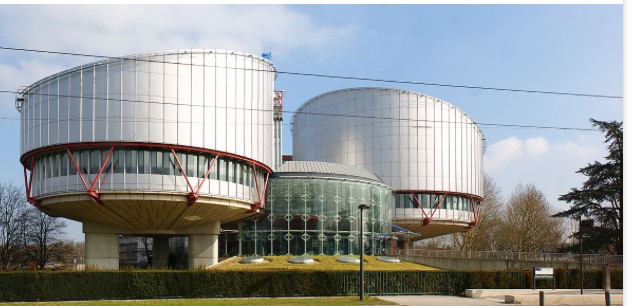
The Grand Chamber of the ECtHR has delivered judgment in Sanchez v France, determining that his conviction for failing to delete a Facebook comment on his ‘wall’ did not breach his right to freedom of expression.
Parliamentary candidate
Mr Sanchez was a parliamentary candidate for the National Front in France. He wrote a public Facebook post commenting on the website of one of his political opponents. Under that post, users made comments including that the opponent’s political party had ‘transformed Nîmes into Algiers, there is not a street without a kebab shop and mosque; drug dealers and prostitutes reign supreme’. Another user added three other comments directed at Muslims such as allegations that Muslims sell drugs without police intervention and that they throw rocks at cars belonging to ‘whites’. Mr Sanchez was fined by the French Courts for these comments, finding that although he was not the author, he was the principal offender as he left the comments up for 6 weeks before removing them.
Mr Sanchez challenged this claiming that it constituted an interference with his freedom of expression, the matter ultimately ending up in the Grand Chamber of the ECtHR.
Decision of the Grand Chamber
The Grand Chamber delivered its judgment in mid-May. It noted that the domestic courts had given reasoned decisions and undertaken a reasonable assessment of the facts, specifically examining the question of whether Mr Sanchez had been aware of the unlawful comments posted on his Facebook ‘wall’. It was further noted that the French courts had referred to Mr Sanchez’s status as a politician and inferred that this included a special obligation; he could be expected to be all the more vigilant. A politician was more likely to influence voters, or even to incite them, directly or indirectly, to adopt positions and conduct that might prove unlawful.
The decisions of the French courts were based on relevant and sufficient reasons, both as to the liability attributed to the Mr Sanchez, considering his position as a politician, for the unlawful comments posted in the run-up to an election on his Facebook ‘wall’ by third parties. It was noted that the third party had been identified and prosecuted as accomplices. The impugned interference could therefore be considered to have been ‘necessary in a democratic society’. There was no violation of Mr Sanchez’s right to freedom of expression pursuant to article 10 of the ECHR.





